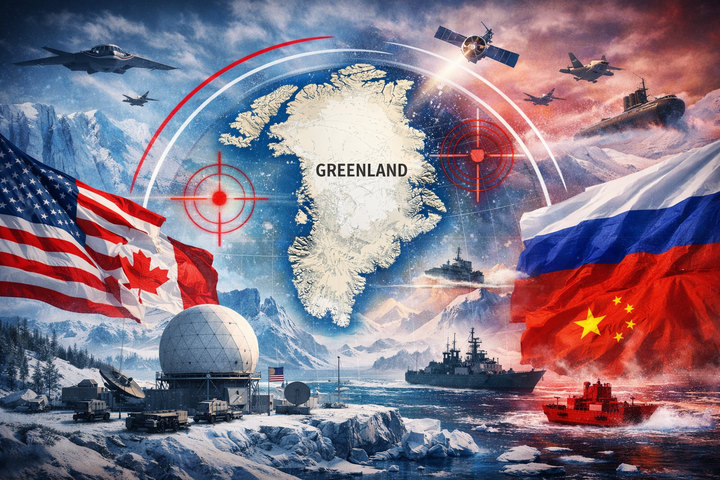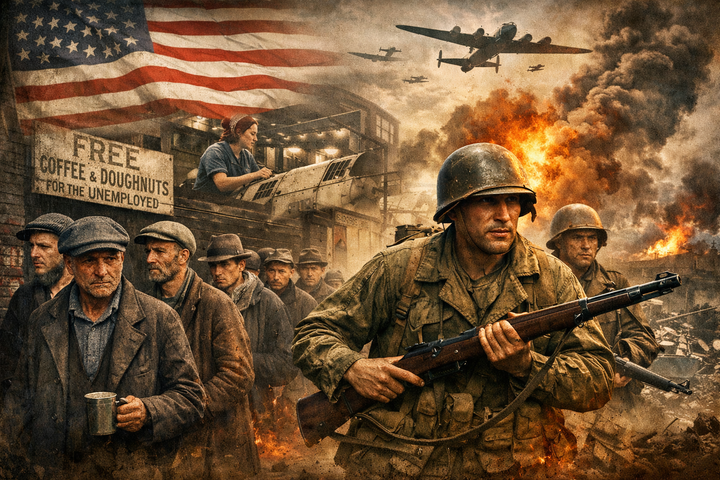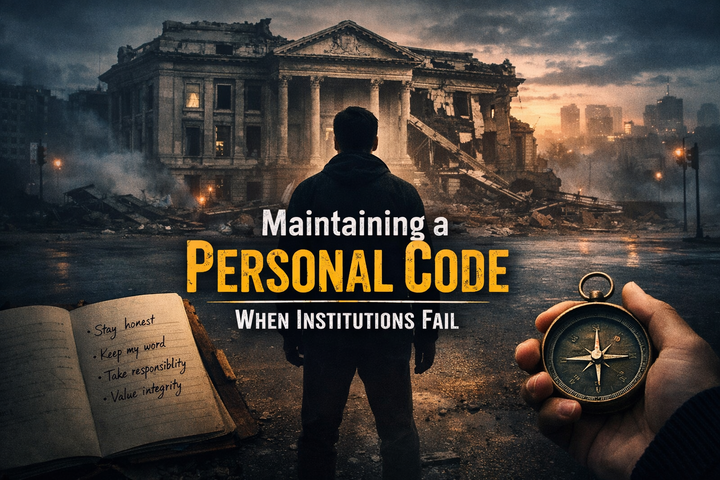When the World Stops: Imagining Life After Collapse

It’s easy to think of civilization as permanent.
Roads, power grids, food supply chains, hospitals. They feel so entrenched that we take them for granted.
But history tells us that societies are far more fragile than they appear.
And when you start to imagine vivid “what if” scenarios, you realize just how quickly our modern systems could unravel.
Let’s walk through three nightmare scenarios that could bring our world to its knees: a pandemic, a nuclear winter, and an asteroid strike.
ON SURVIVAL is a reader-supported publication. To receive new posts and support my work, consider becoming a free or paid subscriber.
1. The Pandemic That Doesn’t End
We’ve had a taste of this already.
COVID-19 reminded us how quickly a virus can disrupt travel, economies, and daily life.

But imagine something much deadlier, an airborne pathogen with a mortality rate closer to Ebola than influenza.
Within months, hospitals would overflow and governments would scramble to contain the spread.

Supply chains would break. Shelves would empty.
The fragile just-in-time systems that bring us food and medicine would collapse.
Survivors would be left with empty highways, silent airports, and power grids run by skeleton crews.
Life would shrink down to the local level, with communities forced to fend for themselves.
2. Nuclear Winter
A global conflict that sends thousands of warheads into the sky would change more than cities.

The real catastrophe would come after.
Ash and soot from burning urban centers would spread across the stratosphere, blotting out the sun.
Temperatures would plummet. Crops would fail worldwide.
Imagine summer days that never warm beyond freezing, and skies that stay twilight-gray for years.
Famine would sweep the planet as stored food vanished. Even regions untouched by the bombs would starve in the cold.
The survivors would scavenge the remnants of broken infrastructure: canned food from ruined supermarkets, diesel siphoned from abandoned trucks, seeds salvaged from looted granaries.
Knowledge itself, how to farm without machines, how to heal without pharmacies, would become more precious than gold.
3. Asteroid Strike
An asteroid just a mile wide could end modern civilization in a single day.

The impact would throw up dust clouds that choke the atmosphere, trigger earthquakes, and send tsunamis racing across oceans. Cities near coastlines would vanish under walls of water. Inland, shockwaves would topple buildings and ignite fires.
The survivors would emerge into a changed planet.
Communications satellites would be gone, power grids fried, ports and airports drowned. Even the survivors of the first impact would face a long aftermath of scarcity, displacement, and desperation.
In that silence, surrounded by the shells of skyscrapers and the ghosts of highways, humanity would face a sobering question:
How much of our knowledge and skill can survive when the infrastructure that carries it is gone?
Picking Up the Pieces
These scenarios sound grim, but they’re worth exploring.
Because whether it’s a virus, nuclear war, or a rock from the sky, the real question isn’t what ends civilization, it’s what happens afterward.
Civilization is more fragile than we like to admit, but humans are stubbornly resilient.
Survivors would scavenge, adapt, and rebuild. But they would need to recover not just tools and food, but the knowledge that keeps civilization alive: how to grow crops, purify water, generate power, treat disease, and preserve information for the next generation.
The ruins of the modern world would surround them, libraries, data centers, machines, like a puzzle waiting to be solved.
Those who know how to use these remnants, and how to improvise when they fail, would carry the torch into whatever comes next.
ON SURVIVAL is a reader-supported publication. To receive new posts and support my work, consider becoming a free or paid subscriber.



Comments ()